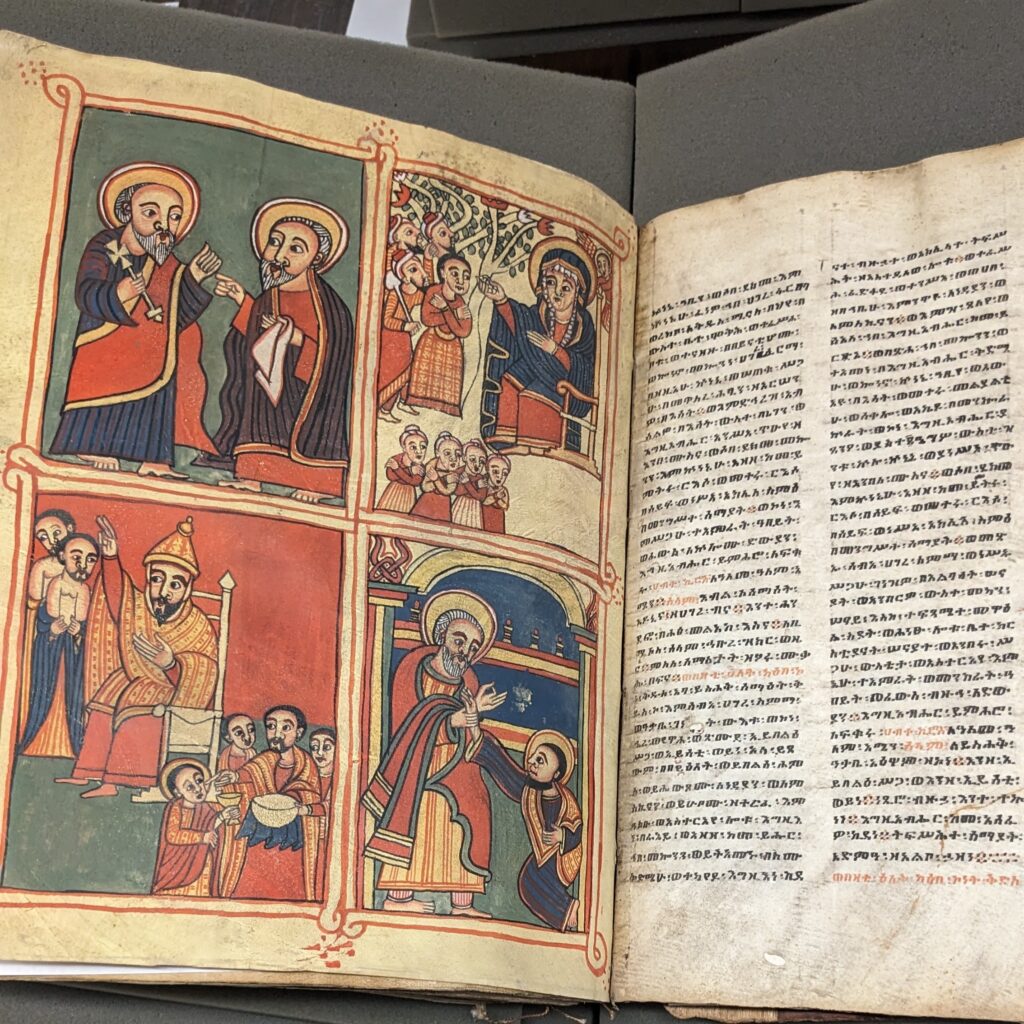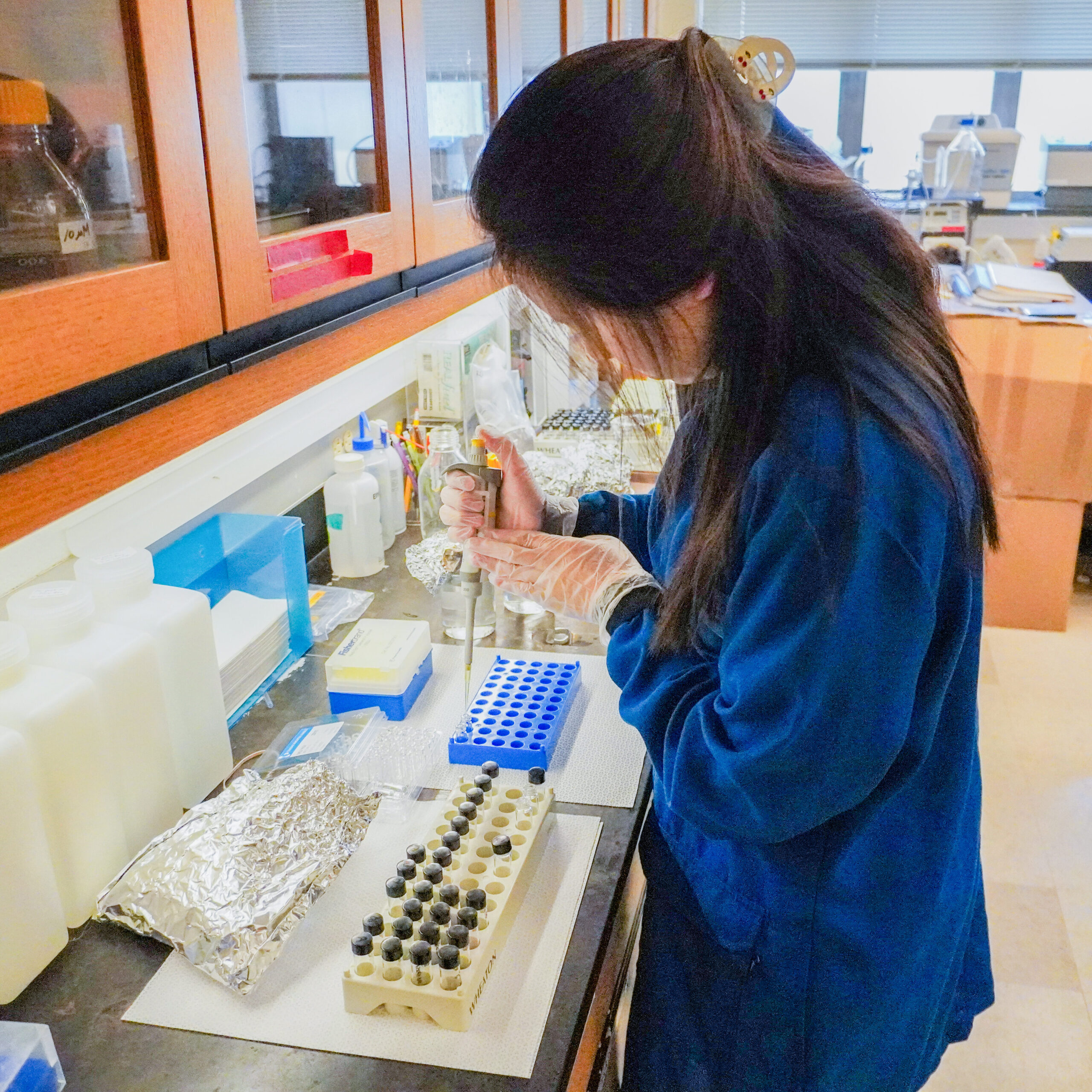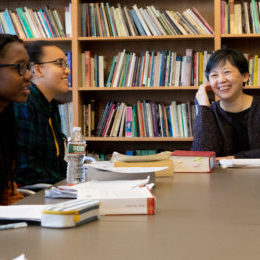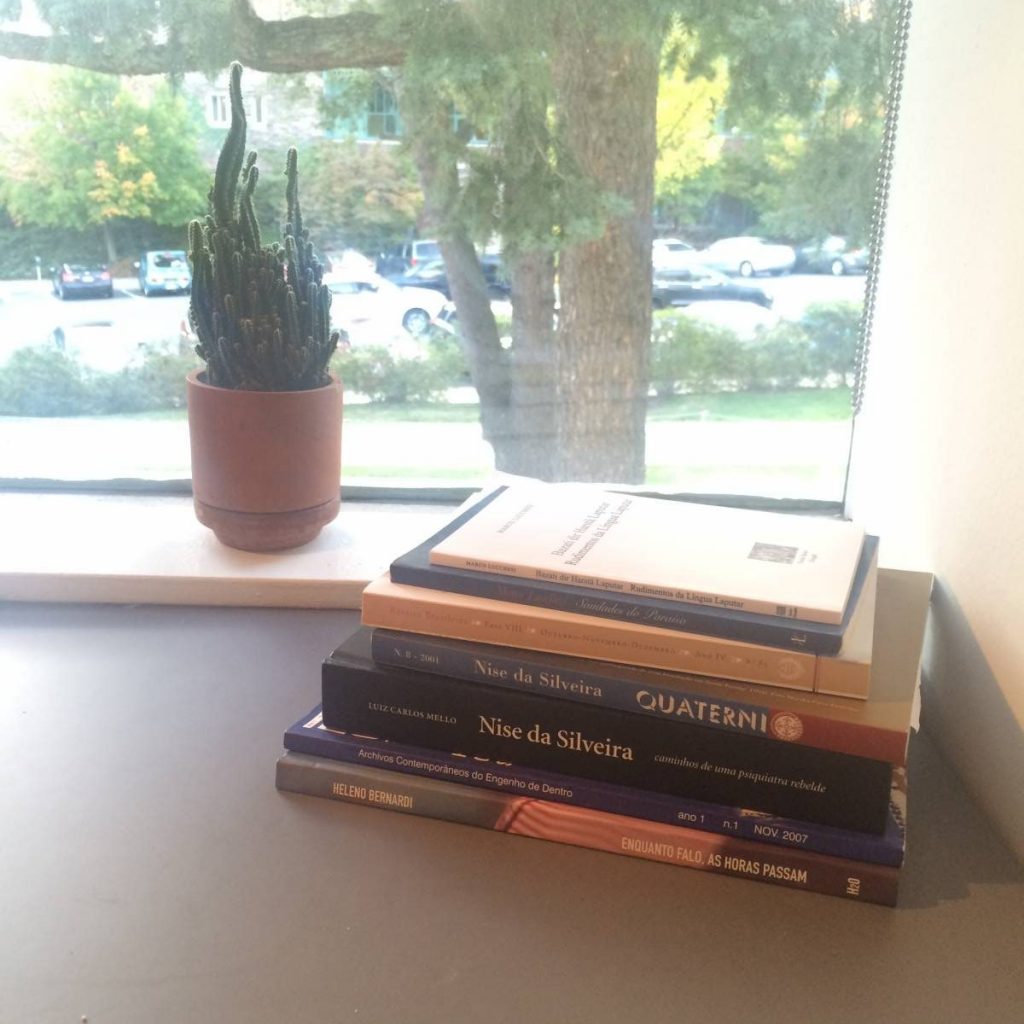Students at Princeton are fortunate to have access to one of the largest collections of coins anywhere in the United States. Made up of roughly 115,000 items, the collection includes coins, paper money, medals, and other tokens covering almost the entire history of human money— in fact, the university has coins minted in the 6th century BC by Croesus, who is credited with inventing the first system of gold and silver currency. The university’s collection serves many purposes. For example, you may have been in a class which has gone down to Firestone C Floor to look at coins from the time and place you were studying. The coins are also used for exhibitions and workshops. I’m writing here to explain to you how you can use these coins to do great research.
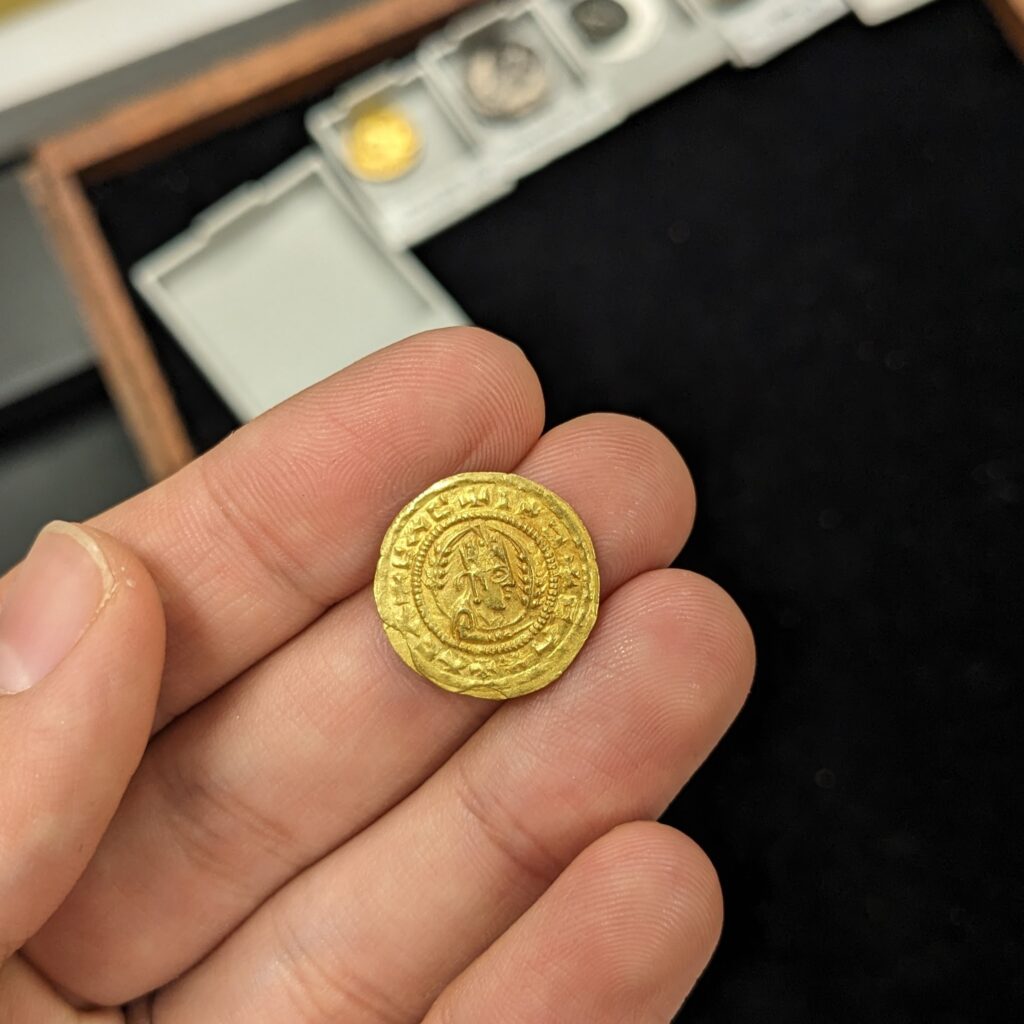
Yours truly holding a 1500 year-old coin in Firestone Library
Continue reading Enhance your Research with Princeton’s Coin Collection

